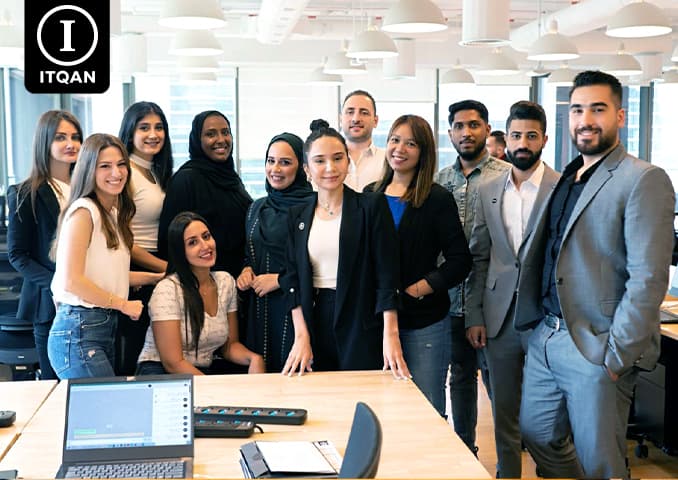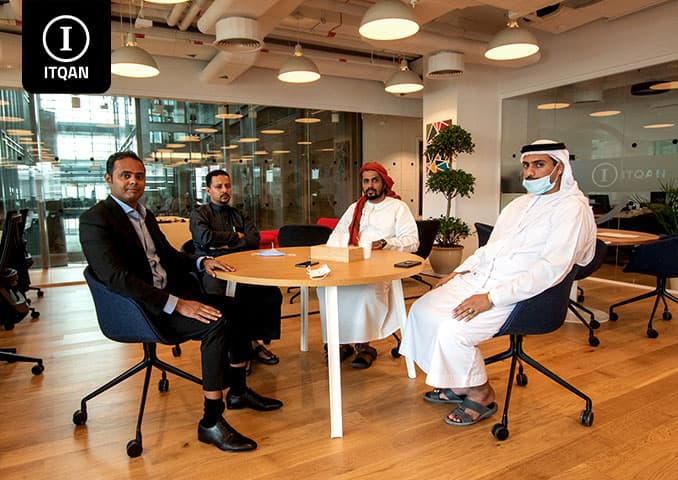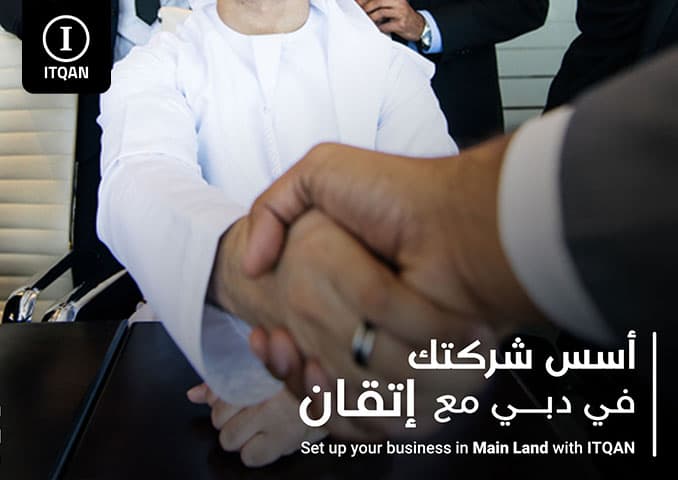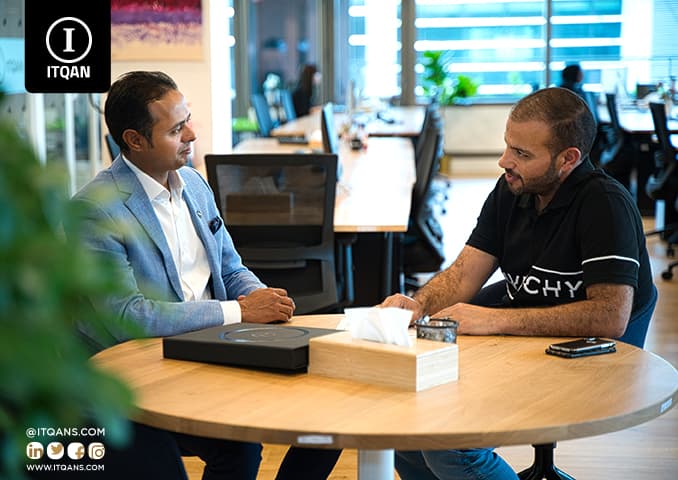Dubai Free Zone is one of the most prominent factors that have contributed to strengthening the UAE’s position as a global business hub. These areas provide an ideal business environment for investors, and provide them with a range of competitive advantages that make it an attractive business destination. Dubai Free Zones were established to attract foreign investment and promote commercial activities, contributing to the achievement of Dubai’s Vision 2030 to be a global hub for innovation and trade.
Free zones are characterized by providing full foreign ownership, where investors can own 100% of their company’s shares without the need for a local partner. In addition, free zones provide attractive tax exemptions, including no corporate or personal income taxes for long periods, which enhances investors’ returns. They also facilitate company registration procedures, and provide advanced infrastructure and high-quality logistics services, which contribute to accelerating business establishment processes.
In addition, Dubai includes many specialized free zones, such as “Dubai International Financial Centre”, “Dubai Production City”, “Jebel Ali”, and others, allowing investors to choose the right environment for their business activity. These areas are considered a suitable environment for innovation, as they include a variety of small and large companies operating in various sectors.
In this article, we will review the most important features of the free zones in Dubai, the conditions required to establish companies in the free zone in Dubai, in addition to the available investment opportunities. Understanding these aspects helps investors make informed decisions that are in line with their goals and ambitions in the UAE market.

جدول المحتوى
ToggleHow to set up a company in a free zone
Here are the general steps to set up a company in a free zone in Dubai:
Choose the type of company: You must decide what type of company you want to set up, such as a limited company, partnership, or sole proprietorship.
Choose the free zone: Select the free zone that suits your company’s activity and matches your business needs.
Get a business license: You may need to obtain a business license from the local authorities in the free zone.
Choose the company name: Choose a unique name for your company and make sure it does not conflict with existing company names.
Prepare the required documents: Prepare the documents required to register the company, such as a copy of the founders’ passport and the company’s articles of association.
Submit the registration application: You may need to submit the company registration application to the relevant free zone authority and pay the required fees.
Open a bank account: Open a bank account in the company’s name at an approved local bank.
Rent an office: You may need to rent an office in the free zone to set up the company.
Obtain residence visas: You may need to obtain residence visas for the company’s managers and employees.
Comply with local laws: Ensure compliance with all local laws and regulations applicable in the free zone.
Documents required to establish a company in a free zone
Establishing a company in the free zones in the United Arab Emirates requires the submission of a set of documents. Documents vary slightly depending on the free zone and the type of business activity, but here are the basic documents generally required:
Company establishment application: An official application form from the authority responsible for the free zone.
Passports: Copies of the passports of the founders and investors, in addition to personal photos.
Memorandum of Association: A contract detailing the company, such as name, activity, and shareholders.
Proof of address: A document showing the address of the company, such as an office lease contract.
Emirates ID: Copies of the Emirates ID of the founders and investors (if they are residents of the UAE).
Activity report: A detailed description of the activity of the company to be established.
No-objection certificate: In some cases, founders may be required to provide a no-objection certificate from the local sponsor (if there is one).
Financial statements: Financial statements may be required to demonstrate the ability of investors to support the project.
Additional approvals: For some special activities, approvals from other government agencies may be required.
Free Zone Company Formation Fees
The fees for establishing a company in the free zone vary based on several factors, such as the type of company, the type of activity, and the specific location in the free zone. Generally, the fees can be divided into several main categories:
Registration fees: These include the fees required to submit a company registration application and obtain the necessary approvals.
License fees: These are related to issuing the commercial license required to practice the activity.
Rental fees: These include the costs of renting an office or commercial space in the free zone.
Additional service fees: These may include fees for establishing bank accounts, consulting services, or any additional services you may need.
Renewal fees: Do not forget that there are annual fees for renewing the license and registering the company.
Permitted business activities in the free zones
The free zones in the UAE allow a wide range of business activities that individuals and companies can engage in. Here are some of the business activities permitted in the free zones:
General trade: This includes the sale and purchase of goods and merchandise.
Consulting services: Such as management and marketing consulting.
Technology and information: This includes software development and providing IT services.
Manufacturing: Small factories can be set up to produce various goods.
Retail: Operating stores that sell products directly to consumers.
Export and import: Facilitating the import and export of goods.
Logistics: Including warehousing and shipping services.
Financial activities: Providing banking, insurance and investment services.
Hotels and hospitality: Operating hotels, restaurants and entertainment facilities.
Education and training: Providing training and educational programs.
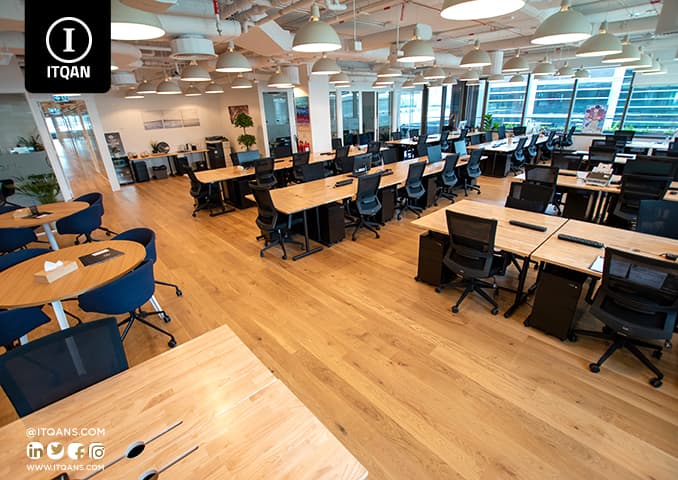
Advantages of Setting Up a Company in a Free Zone
Setting up a company in a free zone in the UAE offers many unique advantages, which makes it an attractive option for investors and businessmen. Here are some of these advantages:
Full foreign ownership: Foreign investors can own 100% of their company without the need for a local partner.
Tax exemptions: Investors in free zones enjoy tax exemptions on profits for periods of up to 50 years, which helps improve their return on investment.
Fast incorporation procedures: Free zones feature fast and easy incorporation procedures, allowing investors to start their business faster.
No restrictions on transferring funds: Investors can freely transfer profits and capital outside the country, making it easier for them to manage their money.
Advanced infrastructure: Free zones offer modern infrastructure including offices, warehouses, and logistics facilities, which facilitates business operations.
Access to global markets: Many free zones are located near ports and airports, providing easy access to global markets.
Diversity of business activities: Free zones offer a wide range of commercial and industrial activities, providing investors with a wide range of options.
Stimulating business environment: Free zones provide an integrated business environment, including support and advisory services for investors.
In conclusion, it is clear that these areas provide an ideal environment for investment and business establishment, making them a preferred destination for local and international investors alike. Dubai is known for its economic diversity and advanced infrastructure, which includes modern facilities and sea and air ports that facilitate the movement of global trade.
Free zones are characterized by providing unique advantages, such as full foreign ownership, tax exemptions, and low customs duties, which enhance the competitiveness of companies. In addition, simple procedures and the speed of obtaining commercial licenses make establishing a company in the free zones an easy and convenient process. In addition, free zones provide great opportunities for cooperation with global and local companies, which contributes to strengthening the business network.
Moreover, free zones provide a variety of commercial and industrial activities, catering to the needs of various sectors, from trade and technology to light industries. The diversity and flexibility of the available options makes it easy for investors to choose the activities that match their visions and goals.
Top FAQs about Dubai Free Zone
Can I open a bank account for my company in the free zone?
Yes, you can open a bank account for your company in the free zone, and banks often offer special facilities for companies in the free zones.
Can I operate in the local market if I own a company in the free zone?
Generally, you can only operate in the local market if you have the appropriate license, or through a local partner.
What are the fees associated with establishing a company in the free zone?
The fees vary depending on the free zone and the type of activity, and include registration, licensing, and office fees.
What types of companies can be established in the free zones?
A variety of companies can be established, including limited liability companies, holding companies, and sole proprietorships.





